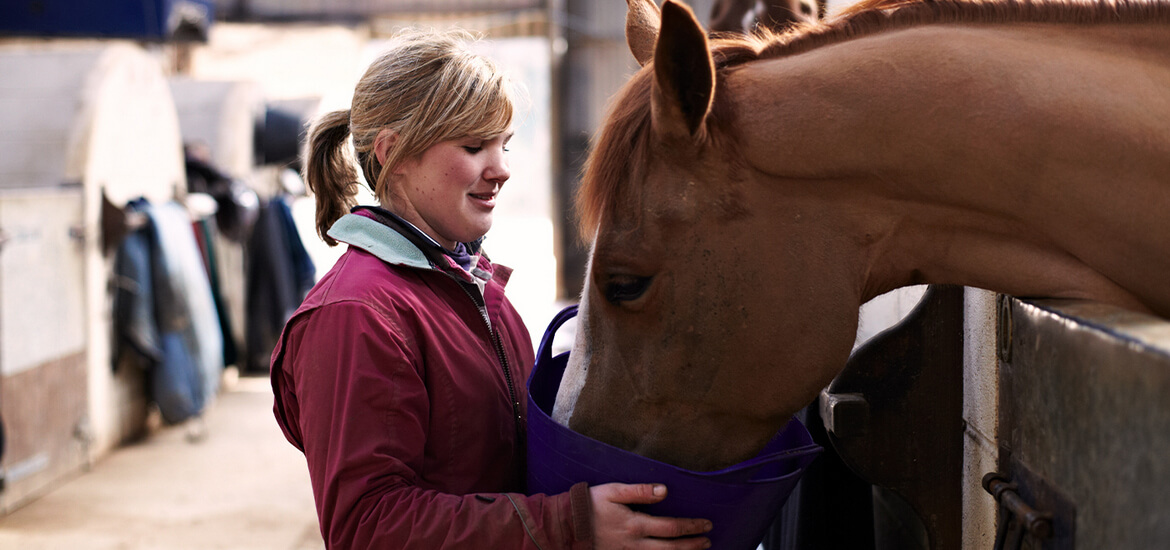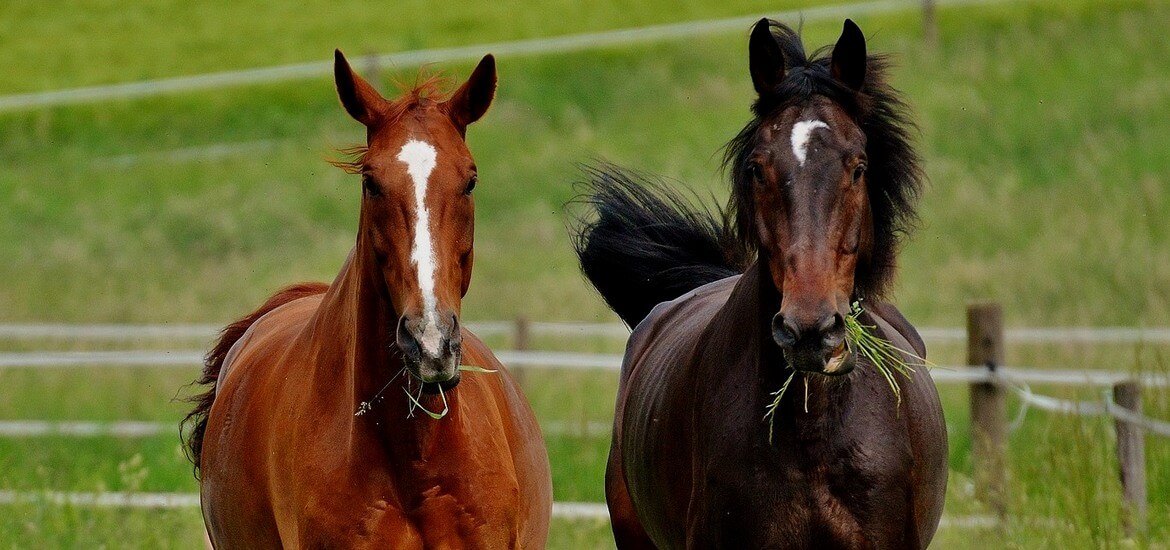Feb 28, 2023, 9:19 AM
Choosing the best equine feed with the optimum nutrient balance is one of the most challenging challenges. Given the variety of brands of feed, supplements, and hay alternatives available, the most important question to ask is what the horse requires for maximum health and nutrition. Every horse is unique, just like every human, depending on age, physical characteristics, health issues, breed, etc. The concepts or suggestions regarding the nutritional needs of feeding a horse need to be made known to most horse owners. It is very advised that your veterinarian examine your horse to ascertain their specific needs. If so, you can obtain or create dietary plans and nutritional requirements for your horse to those demands. Many goods promote unfounded myths, but international companies like Royal Horse are pioneers and lights in the field of equine feed and supplements. The special product line of Royal Horse's super premium horse feed in Dubai was created by renowned nutritionists and veterinarians to improve horses' performance in all equestrian disciplines.

Understanding Basic Nutrients
Understanding that horses require all six major nutritional groups—carbs, protein, fat, vitamins, minerals, and water—is essential. For the horse to be able to drink whenever it feels thirsty, it is crucial to remember to supply clean water each day and, preferably, to always make it easily accessible. Horses must be watered at least twice daily; if this is not practicable, they should be given time to drink. Lack of water consumption increases the likelihood of a horse experiencing weariness, intestinal obstructions, and other sufferings.
Simple Methods to Calculate Nutrient Intake
Companies frequently add feeding guidelines on the tag to help customers decide whether the feed is appropriate for their horses and how much should be given to everyone. But looking at a specific feed and understanding why it's beneficial or bad for your horse is helpful.
For Eg: S-250 flaked feed for sport and leisure horses' muscular effort.
S-250 Sport & Recreation Horse and pony riders who use them for sport or leisure are the intended audience for horse feed.
Use This Feed When?
Perform sporadic sport-type work equating to 1–2 hours daily to nourish your horse or pony.
Benefits
-
Favors healthy digestion and cleanliness (prebiotics).
-
Encourages muscular movement (Vitamin E).
- Formulation free of oats.

Example Of a Manual Calculation
Recent NRC regulations state that a senior horse weighing 400 kg and not in motion needs about 504 g of protein daily to maintain his weight and physical condition. Using the same 400 kg horse as an example, it will need about 804 g of crude protein if it exerts itself vigorously. To compensate for the shortfall, whole grains and hay with higher protein concentrations must be provided. A horse's dietary requirements can be determined using digestible energy, which is mostly provided by carbohydrates and fats. Commercial feeds offer recommendations depending on the horse's weight, age, and exercise degree. The National Research Corporation provided the information and theories that formed the basis of these suggestions.
What Is the Best Equine Feed?
Royal Horse's high-quality equine endurance horse feed is designed to improve horses' performance in all equestrian sports and disciplines. This brand is well-known worldwide for its professional formulation, which offers total nutrition. It is a product made in factories that adhere to the best manufacturing procedures and meet the strictest international standards. Through leading veterinary supplier Eurovets in Dubai, you can get this top Royal Horse Feed supplier in Dubai and around the GCC.
